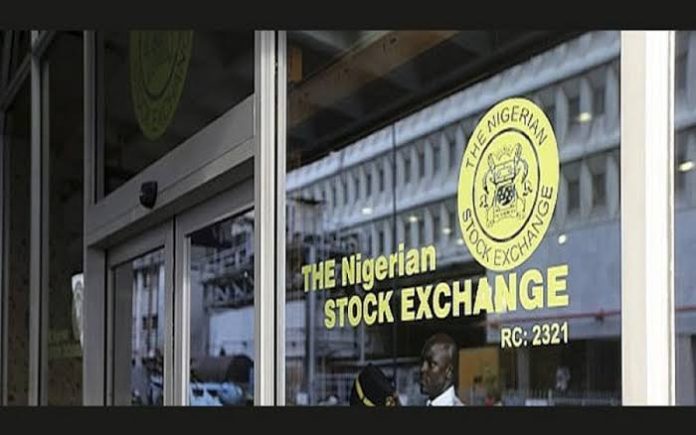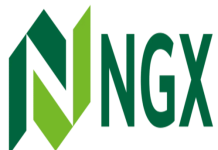On the strength of rising activity in banking stocks, the market capitalization of the Nigerian Exchange Limited surpassed N40 trillion at Wednesday’s closing of business.
The All-Share Index, the exchange’s benchmark index, too reached 73,000 basis points a few days after reaching 72,000 points.
At N40.164tn and 73,397.71, respectively, the market capitalization and the ASI concluded trading with a 1.28 percent increase. GTCO, AccessCorp, Transcorp, FCMB, and United Bank for Africa were the main market leaders on this particular day.
At N12.829 billion, the value of commerce on Wednesday increased by 84.62%. In the same way, there was a growth in the quantity of traded units. The number of deals was 7,910 at the end of trading, up 34.88 percent to 554.64 million units.
Because of the demand from domestic investors, the market cap reached N30 trillion ten months prior to this milestone. First trading day following the presidential election, February 27, saw the market cross the N30tn mark.
Market participants were upbeat about the market’s potential to perform even more in the chat capital discussion.
According to Tunde Amolegbe, Managing Director of Arthur Stevens Asset Management Limited, the market was placing its bets on the reforms carried out by the current administration in response to the historic crossing.
“It is a forward-pricing market, which means that the stock market tends to price policy consequences before they are felt in real time,” he said. So, even while the public is directly suffering from a variety of measures, the market is wagering that these same policies will have a good effect on the economy in the medium to long term, which explains the bullish attitudes that we have seen thus far. Moreover, we have to acknowledge that in the event that this turns out not to be the case, the market may reverse sharply.
It is also necessary to acknowledge that, despite their apparent negative impact on Main Street, rising inflation and the upcoming financial recapitalization programme have been shown to be empirically beneficial for the stock market.
According to Rotimi Fakayejo, an economist specialising in the economics and capital markets, the milestone will likely be surpassed.
“It will rise further,” he declared. Still, before the year ends, we anticipate that the ASI will reach 75,000. For the year-end results of listed firms in 2023, particularly the banks, there are high expectations. This year, there has been appreciation in several banking equities, with some of them hitting all-time highs.
The consumer, telecom, and industrial sectors account for a large portion of the market capitalization; while we have not yet witnessed any changes in these areas, we anticipate higher returns. The market will yet benefit more from the efforts of Dangote Cement, BUA Cement, Airtel, and Nestle. The ASI cannot close below 75,000 basis points while taking all of these factors into consideration. 2023’s market performance will pale in comparison to 2024’s, regardless of the state of the economy. There will be a market boom as soon as international investors start to have faith in the system and start investing their money.
The gainers’ chart was led by Transcorp, Multiverse, Infinity Trust Mortgage Bank, ETranZact and Caverton which gained 10 per cent, 10 per cent, 9.97 per cent, 9.73 per cent and 9.66 per cent respectively.
With losses of 10%, 9.86%, 9.32%, 9.23%, and 9.05%, respectively, Tantalizers Plc, Thomas Wyatt, The Initiates Plc, Juli Plc, and Chams Plc rank among the top five losers.
Join Television Nigerian Whatsapp Now
Join Television Nigerian Facebook Now
Join Television Nigerian Twitter Now
Join Television Nigerian YouTUbe Now





